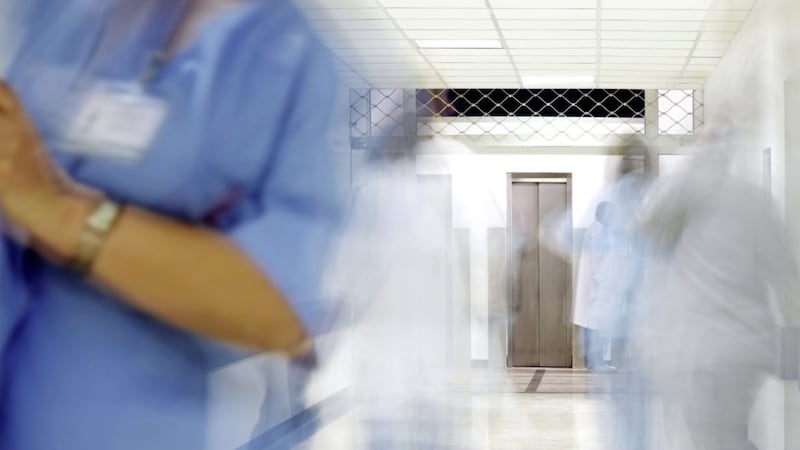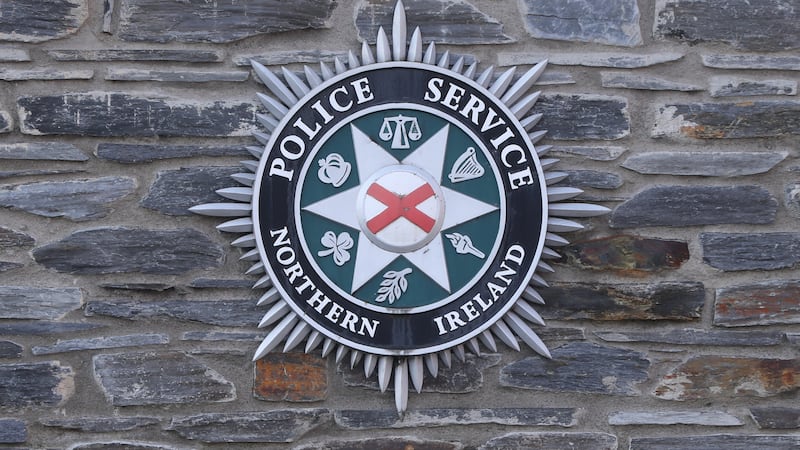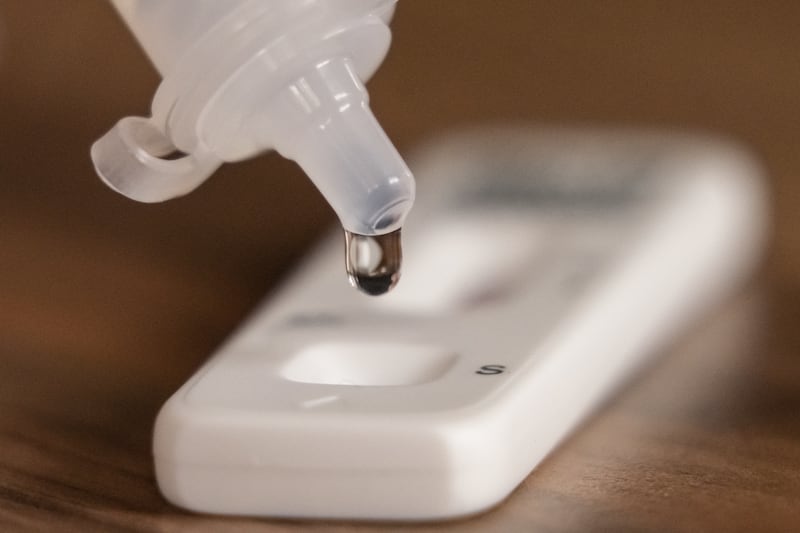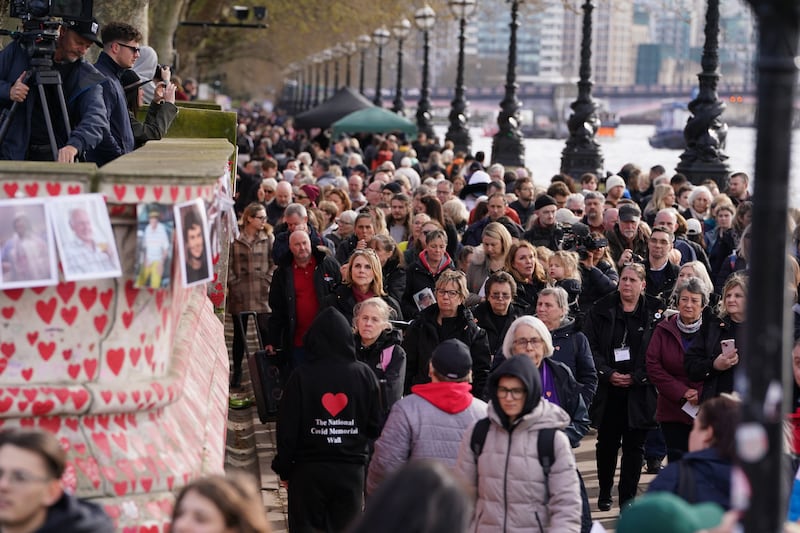HOSPITAL appointments via video call or telephone between doctors and their patients will continue to be part of the post-Covid health service - with face-to-face appointments reserved for urgent and priority patients.
Northern Ireland's health trusts released their three-month 'rebuilding' plans for the next three months, with a focus on dealing with red-flag referrals and ensuring social distancing measures are in place as the virus remains at large.
Identifying ways to ensure services will be "safely provided" are central, with "separate pathways" for patients who have suspected or confirmed Covid-19.
New ways of screening patients - including questionnaires and blood samples taken before appointments - are proposed as well as evening and weekend appointments to avoid "unnecessary delays".
The Belfast trust, where many regional specialties are based, has introduced "innovations" such as glaucoma drive-through services and is piloting virtual training sessions for patients suffering from mental health problems.
Cancer patients, many of whom had their diagnosis and treatment delayed due to the pandemic, should receive improved care with planned operations and increased treatment capacity continuing.
Meanwhile, patients waiting on non-urgent hip and knee replacements are to face further delays as no orthopaedic surgery is due to take place over the summer.
A regional Acquired Brain Injury Unit is to begin outpatient services for priority outpatients on face to face basis, with virtual outpatient clinics continuing.
A phased reopening of some day centres for the most vulnerable service users in the Belfast trust is planned for this month.
The Northern health trust is promoting an "urgent care" telephone number, urging patients to ring ahead before they travel to an A&E department.
Over the next three months, the trust is planning to increase its day surgery.
Face-to-face addiction services are also to resume along with some adult day centres.
The Southern health trust is also planning to priortise red-flag patients, and increase its diagnostics, scans and tests.
Breast screening is to recommence this month to tackle the "significant backlog" while the private sector and additional 'in house' hours have been secured to deliver additional CT, MRI and non-obstetric ultrasound.
The South Eastern health trust also plans to provide phone and video call assessments for urgent, red flag and review patients between July and September.
However, there will be "prioritised face to face appointments" in the Ulster Hospital, Lagan Valley, Downe and Bangor hospitals.
In the Western health trust, "alternative pathways" are being priortised for patients attending its hospital A&E departments, with plans to "maximise capacity" in the Urgent Care and Treatment Centre site in Omagh.
Like other trusts, priority will be given to "urgent, red flag and cancer patients", with a 50 per cent increase in inpatient and day case sessions at Altnagelvin hospital in Derry by the end of August.
The South West Acute Hospital in Enniskillen will also have increased sessions.







